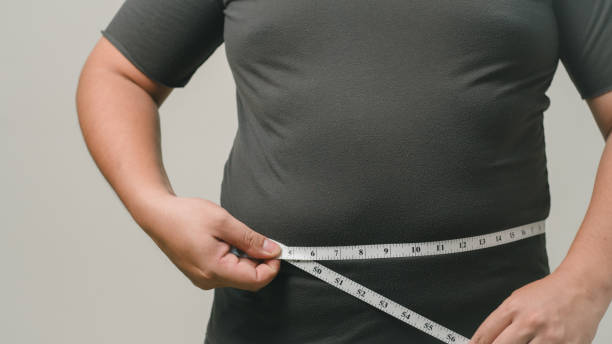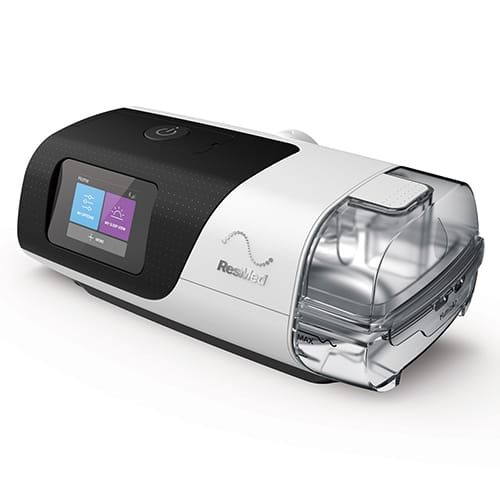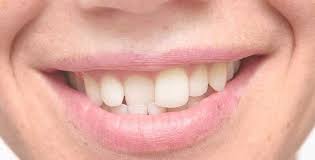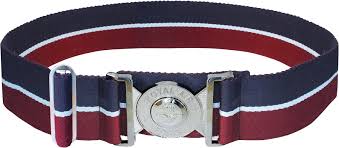Obesity is a major health concern that affects millions worldwide. Among the various health issues linked to excess weight, sleep apnea stands out as a significant problem. Sleep apnea is a sleep disorder characterized by interrupted breathing during sleep, leading to poor sleep quality and numerous health risks. Many individuals suffering from sleep apnea find that their symptoms improve after significant weight loss. Gastric Sleeve Surgery in Abu Dhabi has gained popularity not only as a weight loss solution but also for its potential to alleviate sleep apnea symptoms. This article explores how gastric sleeve surgery can help with sleep apnea and what individuals considering this procedure should know.
What Is Sleep Apnea?
Sleep apnea is a condition marked by repeated pauses in breathing during sleep. These interruptions can last from a few seconds to minutes and often occur multiple times throughout the night. The most common type is obstructive sleep apnea (OSA), which happens when the muscles in the throat relax excessively, blocking the airway.
The symptoms of sleep apnea include loud snoring, choking or gasping during sleep, excessive daytime sleepiness, morning headaches, and difficulty concentrating. If left untreated, sleep apnea can lead to serious health problems, including high blood pressure, heart disease, stroke, and diabetes.
How Obesity Contributes to Sleep Apnea
Excess weight, especially around the neck and throat, can put pressure on the airway, making it more likely to collapse during sleep. Fat deposits in the neck can narrow the airway, creating resistance that causes breathing interruptions. Additionally, obesity can affect the brain’s ability to regulate breathing and reduce muscle tone in the airway, further increasing the risk of sleep apnea.
People with a higher body mass index (BMI) are at increased risk of developing obstructive sleep apnea. The excess weight not only impacts the airway but also contributes to inflammation and hormonal changes that can exacerbate sleep problems.
The Role of Gastric Sleeve Surgery in Addressing Sleep Apnea
Gastric Sleeve Surgery in Abu Dhabi is primarily known for its effectiveness in promoting significant weight loss. However, its benefits extend beyond just shedding pounds. Many patients report improvements in sleep quality and a reduction in sleep apnea symptoms following the procedure.
The procedure involves removing a portion of the stomach, which results in a smaller stomach size and a feeling of fullness after eating less food. This leads to weight reduction, which can have a positive impact on sleep apnea by decreasing the fat deposits around the airway.
How weight loss from gastric sleeve surgery can help with sleep apnea:
- Reduces fat deposits in the neck and throat area, widening the airway.
- Decreases pressure on the airway, reducing the likelihood of obstruction during sleep.
- Improves overall respiratory function by reducing inflammation and hormonal imbalances associated with obesity.
- Enhances sleep quality and reduces daytime fatigue.
Research indicates that many individuals experience a significant improvement in sleep apnea symptoms within months after their weight loss surgery. Some even find that the need for continuous positive airway pressure (CPAP) therapy diminishes or becomes unnecessary.
Benefits of Gastric Sleeve Surgery Beyond Weight Loss
While the primary goal of gastric sleeve surgery is to promote weight loss, many patients also experience additional health benefits, especially related to sleep health:
- Improved blood pressure and cholesterol levels, reducing cardiovascular risks.
- Better blood sugar control, which benefits those with type 2 diabetes.
- Increased energy levels and improved overall well-being.
- Enhanced mobility and physical activity, which can further aid weight management and sleep quality.
- Reduction in joint pain often associated with excess weight.
Candidates for Gastric Sleeve Surgery and Sleep Apnea
Individuals who are significantly overweight and struggling with sleep apnea may be suitable candidates for gastric sleeve surgery. Candidates typically have a BMI that exceeds the recommended threshold for surgical intervention, and they have tried other weight loss methods without sustained success.
A comprehensive evaluation by a healthcare team is necessary to determine the appropriateness of the procedure. This assessment considers factors such as overall health, sleep apnea severity, and the presence of other comorbidities.
How the Procedure Is Performed
Gastric sleeve surgery is a minimally invasive procedure usually performed laparoscopically. During surgery, a large portion of the stomach is removed, leaving a sleeve-shaped stomach that is much smaller in size.
The operation is typically completed within a few hours, and patients often spend a short time recovering in the hospital. Postoperative care includes dietary adjustments, physical activity, and regular follow-up to monitor progress.
Recovery and Lifestyle Changes After Surgery
Post-surgery, patients are advised to follow a specific dietary plan that gradually reintroduces foods, focusing on high-protein, nutrient-dense options. Physical activity is encouraged to support weight loss and overall health.
Adopting healthier habits and maintaining a balanced lifestyle are crucial for long-term success. Many patients find that their sleep quality improves significantly as they lose weight and their airway becomes less obstructed.
FAQs About Gastric Sleeve Surgery and Sleep Apnea
Can gastric sleeve surgery completely cure sleep apnea?
While many patients experience a marked reduction in sleep apnea symptoms, the extent of relief varies depending on individual factors. Some may see complete resolution, while others might still require additional treatment.
How soon after surgery can improvements in sleep apnea be noticed?
Improvements can often be observed within a few months post-surgery as weight loss progresses. However, some benefits may become evident even earlier through lifestyle changes.
Is surgery the only solution for sleep apnea related to obesity?
Surgery is an effective option for many, but it is not the only approach. Lifestyle modifications, continuous positive airway pressure therapy, and other treatments are also used depending on the severity of sleep apnea.
What lifestyle changes should be combined with surgery for optimal results?
Adopting a healthy diet, engaging in regular exercise, avoiding alcohol and sedatives before sleep, and quitting smoking can enhance the benefits of surgical weight loss on sleep apnea.
Is gastric sleeve surgery safe for everyone with sleep apnea?
A thorough medical assessment is necessary to determine suitability. While many qualify, individual health conditions may influence candidacy.
Final Thoughts
Addressing sleep apnea through weight management is a promising approach for many individuals struggling with the disorder. Gastric Sleeve Surgery in Abu Dhabi offers a viable pathway to significant weight loss, which can directly improve airway patency and sleep quality. As with any surgical procedure, consulting with healthcare professionals to understand the potential benefits and to develop a personalized treatment plan is essential. For those affected by sleep apnea and obesity, this surgery could be a transformative step toward better health, improved sleep, and a more energetic life.
READ MORE : What Makes Gastric Sleeve Surgery a Reliable Solution ?







0 Comments